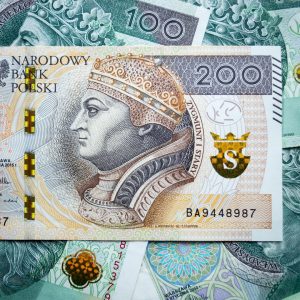Forex trading involves buying and selling currencies in order to make a profit. In order to do this, traders need access to the forex market, which is a decentralized global network of banks, financial institutions, and individual traders. Forex brokers are the intermediaries that connect traders to the market, providing them with access to the necessary tools and resources to execute trades. In this article, we will explore how forex brokers connect traders to the market.
Forex brokers act as the middlemen between traders and the forex market. They provide traders with access to the market through a trading platform, which is a software application that allows traders to place orders, monitor their positions, and analyze market data. The trading platform is the primary tool that traders use to interact with the market, and it is provided by the broker.
The trading platform is typically web-based or downloadable software that can be accessed from a computer, tablet, or smartphone. The platform provides traders with real-time market data, including price quotes, charts, and news feeds. Traders can use this information to make informed trading decisions based on market trends and economic events.
In addition to providing the trading platform, forex brokers also provide traders with access to the market through a trading account. Traders can open an account with a broker by completing an online application, providing identification, and funding the account. Once the account is set up, traders can deposit and withdraw funds, place trades, and monitor their positions.
Forex brokers also provide traders with access to a range of financial instruments, including currency pairs, commodities, and indices. Traders can choose to trade these instruments on the spot market or through derivatives such as contracts for difference (CFDs) and options. These instruments allow traders to profit from changes in the value of the underlying asset without actually owning it.
Forex brokers also provide traders with access to leverage, which is the ability to trade with more money than is actually in their account. Leverage allows traders to magnify their profits, but it also increases the risk of losses. Brokers typically offer leverage ratios ranging from 1:50 to 1:500, depending on the instrument and the trader’s level of experience.
Another important role of forex brokers is to provide traders with support and education. Most brokers offer a range of educational resources, including webinars, tutorials, and trading guides. They also offer customer support through email, phone, and live chat. This support is essential for traders who are new to the market or who need help with their trading strategy.
Forex brokers also provide traders with access to liquidity providers, which are the institutions that actually execute trades on the market. Liquidity providers include banks, financial institutions, and other traders. Brokers work with multiple liquidity providers to ensure that traders have access to the best prices and execution speeds.
In conclusion, forex brokers play a crucial role in connecting traders to the forex market. They provide traders with access to the market through a trading platform and trading account, offer a range of financial instruments and leverage, and provide support and education. By working with multiple liquidity providers, brokers ensure that traders have access to the best prices and execution speeds. Choosing the right forex broker is essential for success in the forex market, and traders should consider factors such as regulation, reputation, and trading conditions when making their decision.





